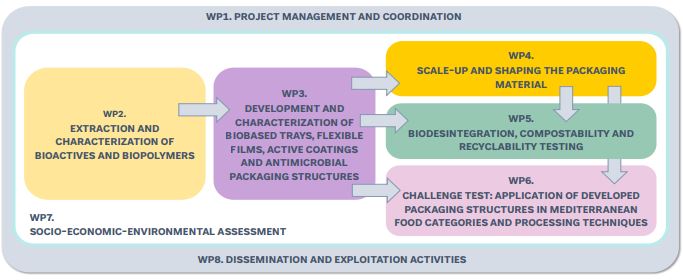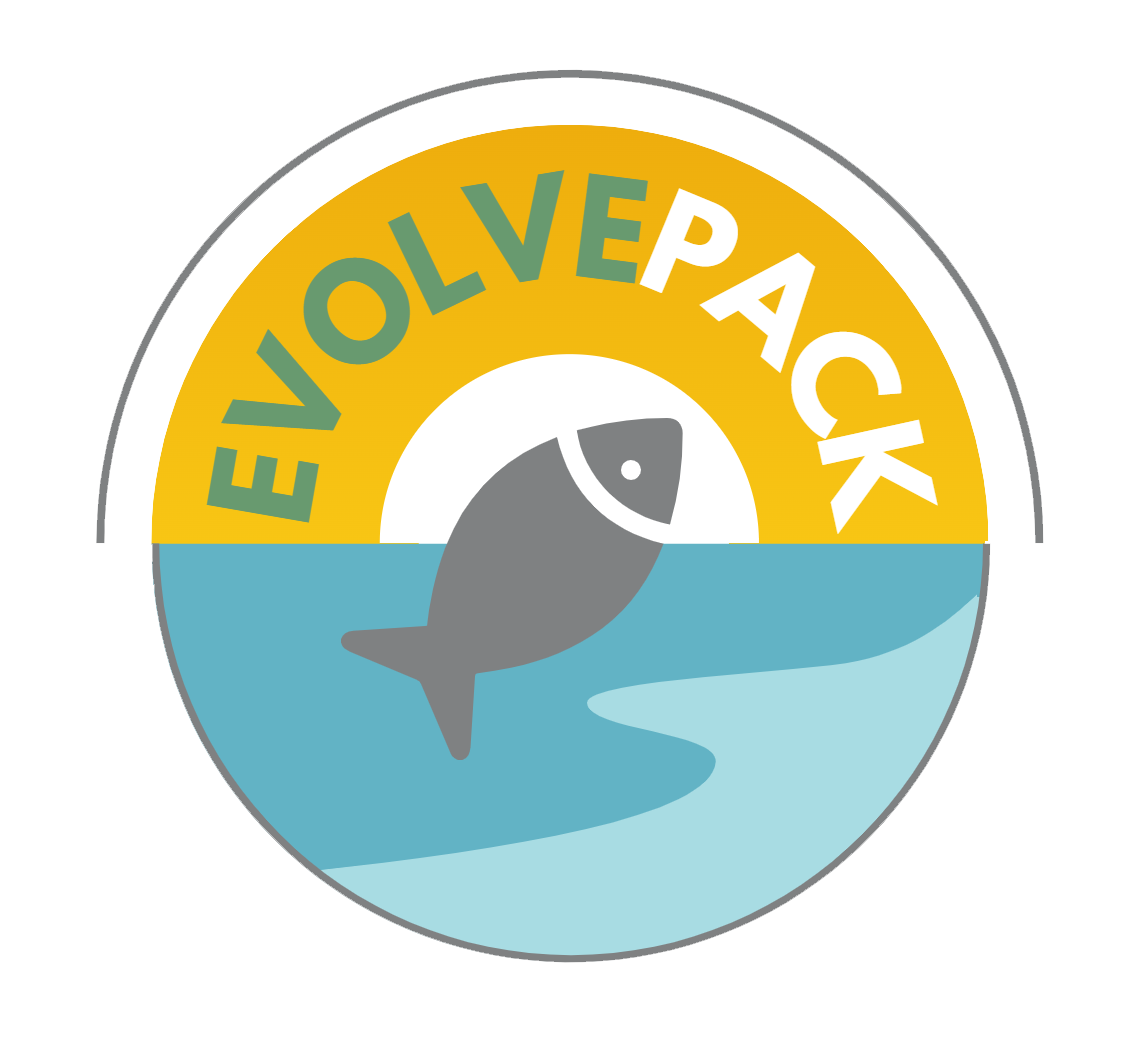The Project
EVOLVEPACK
Shaping sustainable solutions for safer food and a cleaner planet
EVOLVEPACK is an ambitious European project aimed at transforming the food packaging industry by developing biodegradable and compostable packaging solutions.
Our mission is to reduce food waste and enhance food safety in the Mediterranean region, using innovative materials derived from underutilized marine and agro-industrial residues.
PRIMA, the Partnership for Research and Innovation in the Mediterranean Area, is a European initiative aimed at addressing key challenges in water management, agriculture, and food systems in the Mediterranean region. Funded by the European Union and participating countries, PRIMA promotes collaboration and innovation to ensure a sustainable future for Mediterranean communities. By supporting projects like EVOLVEPACK, PRIMA fosters research that contributes to food security, reduces environmental impact, and strengthens regional cooperation.
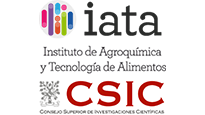


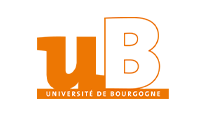



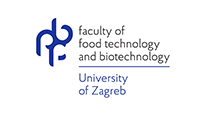
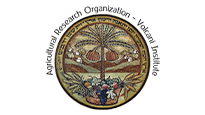


EVOLVEPACK
Our Objectives
The overall objective of EVOLVEPACK project is to design and produce innovative, cost-effective, compostable and/or recyclable food packages based on active bioplastics and cellulosic materials. Trays, flexible films and absorbing pads will be developed using underexploited marine residues from seaweeds and agroindustrial wastes as well as antimicrobial enzymes, thus considering a circular economy strategy, to reduce food waste and improve food safety in the Mediterranean food supply chain. A thorough characterisation of the antimicrobial packaging structures in terms of composition, antimicrobial efficiency, safety assessment and validation in food products will be made. Environmental, economic and social challenges of innovative management opportunities will be addressed. Finally, to rise awareness of the use of more environmentalfriendly packaging materials and the great potential of agro-industrial residues and by-products, EVOLVEPACK will work together with the consumers, through a co-creation process that motivates the acceptance of these innovative products, and their presence in the market. To achieve this goal, the research project proposed herein will address the following specific objectives (SOs), targeted to achieve the expected results.
- At least 2 bioactive extracts with validated antimicrobial and antioxidant properties.
- Starch (from avocado peel) and chitosan/gelatine (from seafood by-products) as biopolymer matrices (for the coatings).
- Cellulose extracts from rice straw for aerogels and papermaking.
- At least 2 antimicrobial coatings using bioactive compounds and biopolymers obtained in WP2.
- 2 types of thermoformed trays: cellulosic-based and bioplastics trays, coated with antimicrobial coatings.
- 1 cellulose-based absorbing pad (from rice straw) functionalised with antimicrobial enzymes and/or active compounds
- At least 1 active and biodegradable flexible lidding film.
- At least 2 validated prototype of rigid cellulosic-based tray coated with active coatings and flexible film, 1 for baby cucumbers, and 1 for fresh-cut melons.
- At least 1 validated prototype of biobased tray, aerogel and flexible film functionalised with antimicrobial coating for fresh fish/seafood (shrimp and seabass).
- Characterised biodisintegration, compostability and recyclability of the functionalised packaging structures.
- At least 3 life cycle assessments (LCA) completed providing social, economic, environmental, climate and health impact of new products developed.
- At least 2 cost-benefit analyses of functionalized packaging structures completed and combined with LCA analyses, informing stakeholders of trade off risks versus premium potential of the novel active packaging materials.
- 1 standardized methodology for determining the social benefits (employability and gender dimension) of the sustainable production processes.
- At least 6 participations (2/year) at international conferences and promotional activities involving more than 1000 participants.
- At least 4 scientific papers in Q1 ranked Journal.
- Reach more than 1,000 consumers, processors and producers targeted along Mediterranean countries, through co-creation and communication activities (questionnaires, workshops, events etc…).
EVOLVEPACK
Our Methodology
Our methodology is designed to ensure that every aspect of packaging development is addressed with scientific rigor and practical application. The process involves several key steps:
Valorization of Biomass: We start by identifying underexploited marine and agro-industrial residues, such as seaweed and rice straw, which are rich in bioactive compounds and biopolymers. These materials are then processed to extract valuable substances like cellulose, chitosan, and polyphenols.
Material Innovation: Using advanced material science techniques, we develop active bioplastics and cellulosic materials with antimicrobial and antioxidant properties. These materials are designed to enhance food safety and extend shelf-life while being fully biodegradable and compostable.
Prototype Development and Testing: Prototypes of packaging materials, such as trays, films, and absorbing pads, are created and subjected to rigorous testing to ensure they meet safety standards and perform effectively in preserving food products.
Sustainability Assessment: We conduct comprehensive life cycle assessments (LCA), life cycle cost analyses (LCC), and social life cycle assessments (S-LCA) to evaluate the environmental, economic, and social impacts of our packaging solutions. This ensures that our products are not only effective but also sustainable and economically viable.”
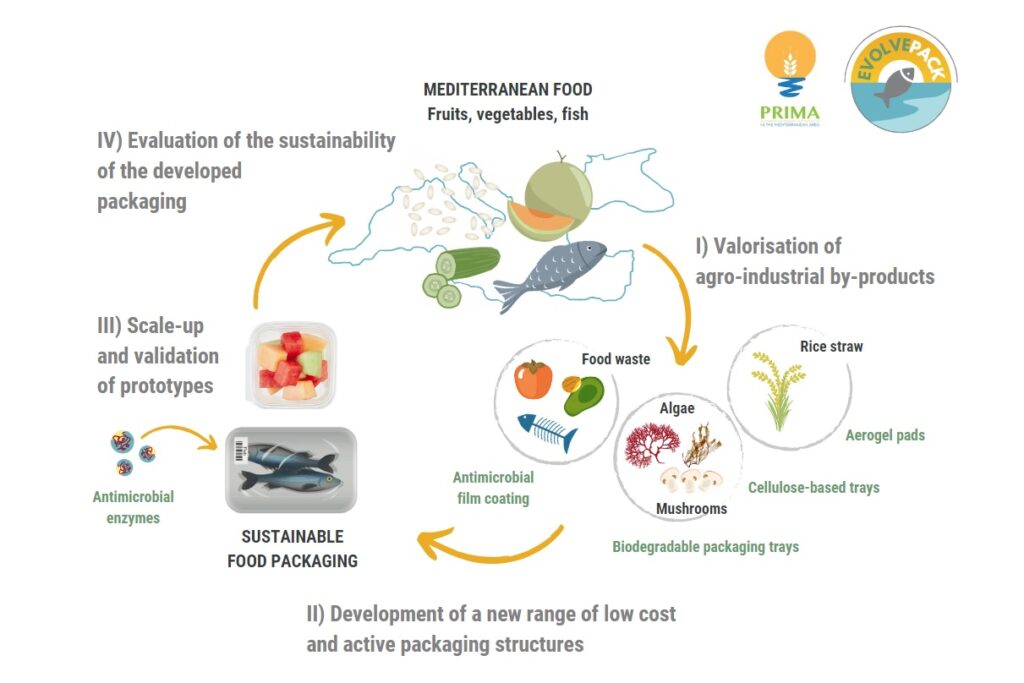
EVOLVEPACK
Work Packages
EVOLVEPACK aims to develop and implement innovative packaging solutions that are both environmentally sustainable and economically viable. By leveraging underutilized marine and agro-industrial residues, the project focuses on creating biodegradable and compostable packaging materials that enhance food safety and reduce waste in the Mediterranean region. Each Work Package (WP) addresses a specific aspect of this ambitious goal, from initial research and development to the practical application and dissemination of results.
WP1: Project Management and Coordination
- WP1 is dedicated to establishing an efficient management and coordination structure for EVOLVEPACK. This includes the overall administration of the project, ensuring compliance with EU standards and regulations, and facilitating communication among all partners. The work package also involves risk management, ethical considerations, and financial oversight, all of which are essential for achieving the project’s objectives smoothly and effectively.
WP2: Extraction and Characterization of Bioactives and Biopolymers
- WP2 focuses on the extraction and detailed characterization of bioactive compounds and biopolymers from underutilized marine and agro-industrial biomass. This includes developing optimized extraction methods and assessing the functional properties of the compounds obtained. The extracted materials will serve as the foundation for developing new bioplastics and cellulosic-based packaging, which are essential for the project’s aim to create sustainable packaging solution.
WP3: Development of Biobased Trays, Films, and Coatings
- WP3 aims to design and develop innovative packaging materials, such as biobased trays, films, and active coatings. This work package focuses on creating materials that are biodegradable, compostable, and possess antimicrobial properties, tailored for various Mediterranean food categories. The development process involves rigorous testing and iteration to ensure that the materials meet the necessary standards for food safety and environmental impact.
WP4: Scale-Up and Validation of Prototypes
- WP4 is devoted to scaling up the production of the newly developed packaging materials and validating their performance in real-world applications. This includes optimizing manufacturing processes, conducting pilot trials, and ensuring that the prototypes are commercially viable. By working closely with industry partners and local authorities, this work package ensures that the transition from laboratory-scale to market-ready products is seamless and effective.
WP5: Biodegradation, Compostability, and Recyclability Testing
- WP5 focuses on evaluating the environmental performance of the developed packaging materials. Through comprehensive testing for biodegradability, compostability, and recyclability, this work package ensures that the packaging solutions not only meet industry standards but also contribute to a circular economy. The findings will help refine the material formulations and provide guidelines for their use and disposal.
WP6: Application in Mediterranean Food Categories
- WP6 is designed to test and validate the effectiveness of the packaging solutions in preserving various Mediterranean food products, such as fruits, vegetables, and fish. By conducting real-life trials, this work package assesses the impact of the new packaging on food quality and shelf-life, providing critical data for further development and optimization of the materials.
WP7: Socio-Economic and Environmental Assessment
- WP7 focuses on assessing the broader socio-economic and environmental impacts of the EVOLVEPACK project. This includes conducting life cycle assessments (LCA), life cycle cost analyses (LCC), and social life cycle assessments (S-LCA) to evaluate the sustainability and economic viability of the packaging solutions. The results will inform decision-making and guide the development of best practices for sustainable packaging.
WP8: Dissemination and Exploitation
- WP8 is dedicated to the dissemination of project results and the exploitation of its innovations. This involves engaging with the scientific community, industry stakeholders, and the public to promote the adoption of sustainable packaging solutions. Activities include publishing research findings, organizing workshops and conferences, and developing tools and guidelines to support the implementation of EVOLVEPACK technologies beyond the project’s lifespan.
